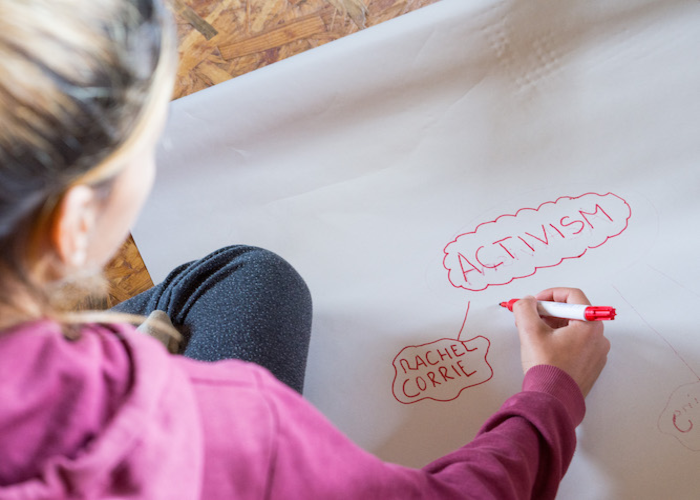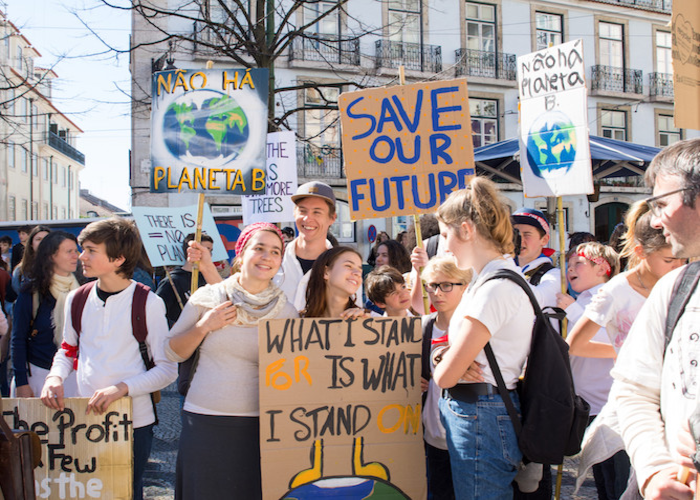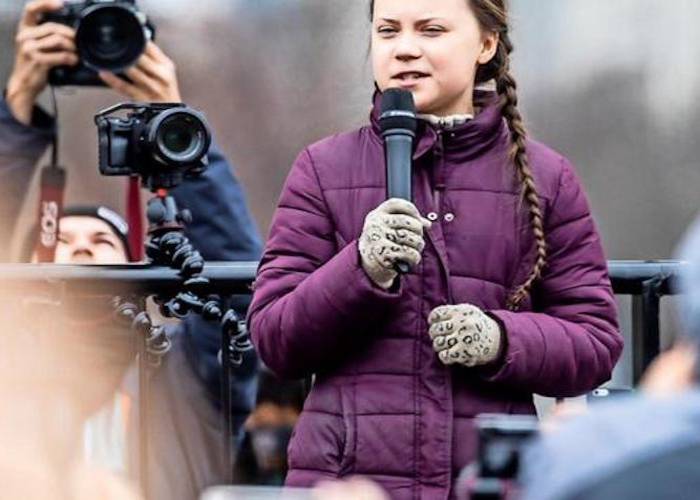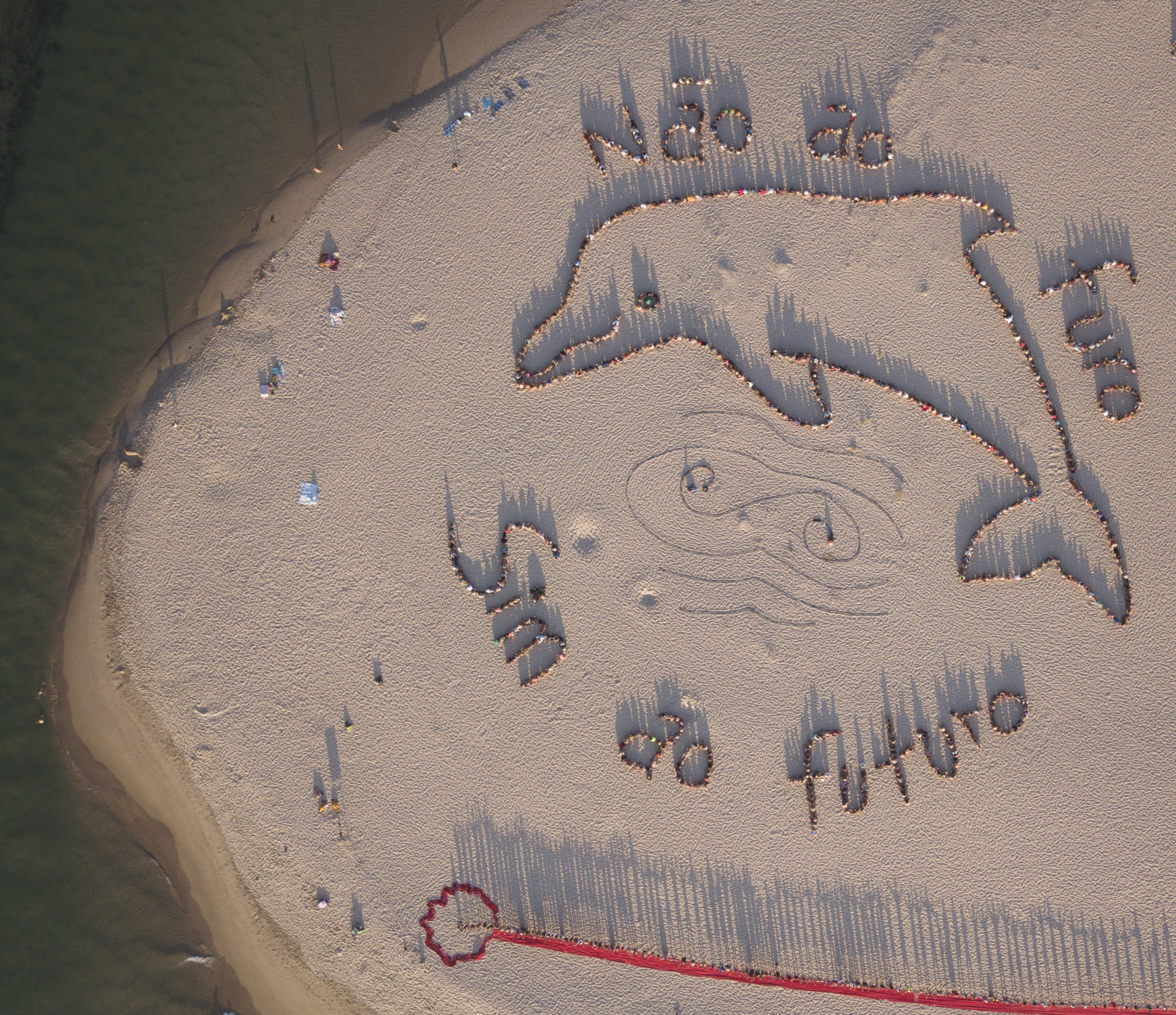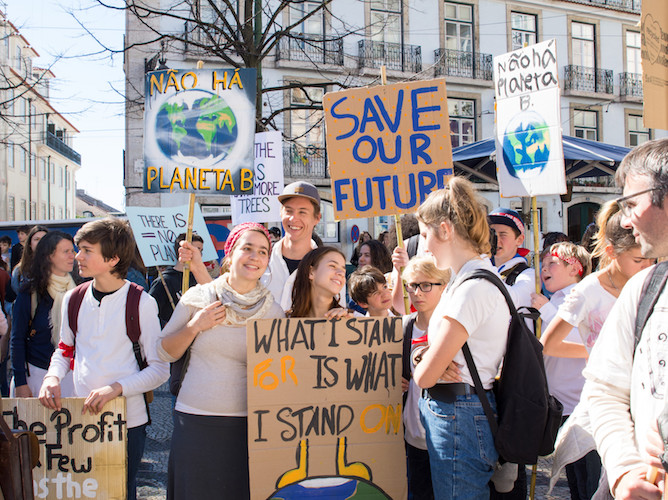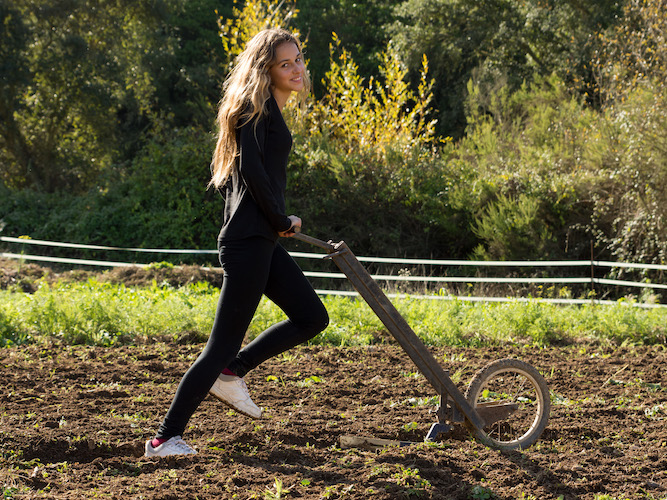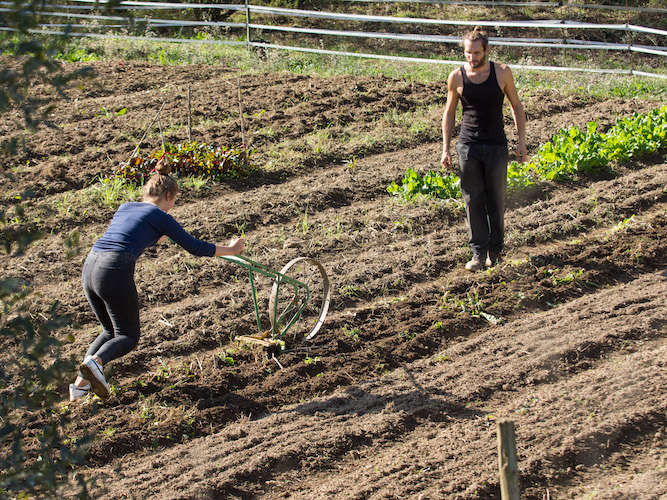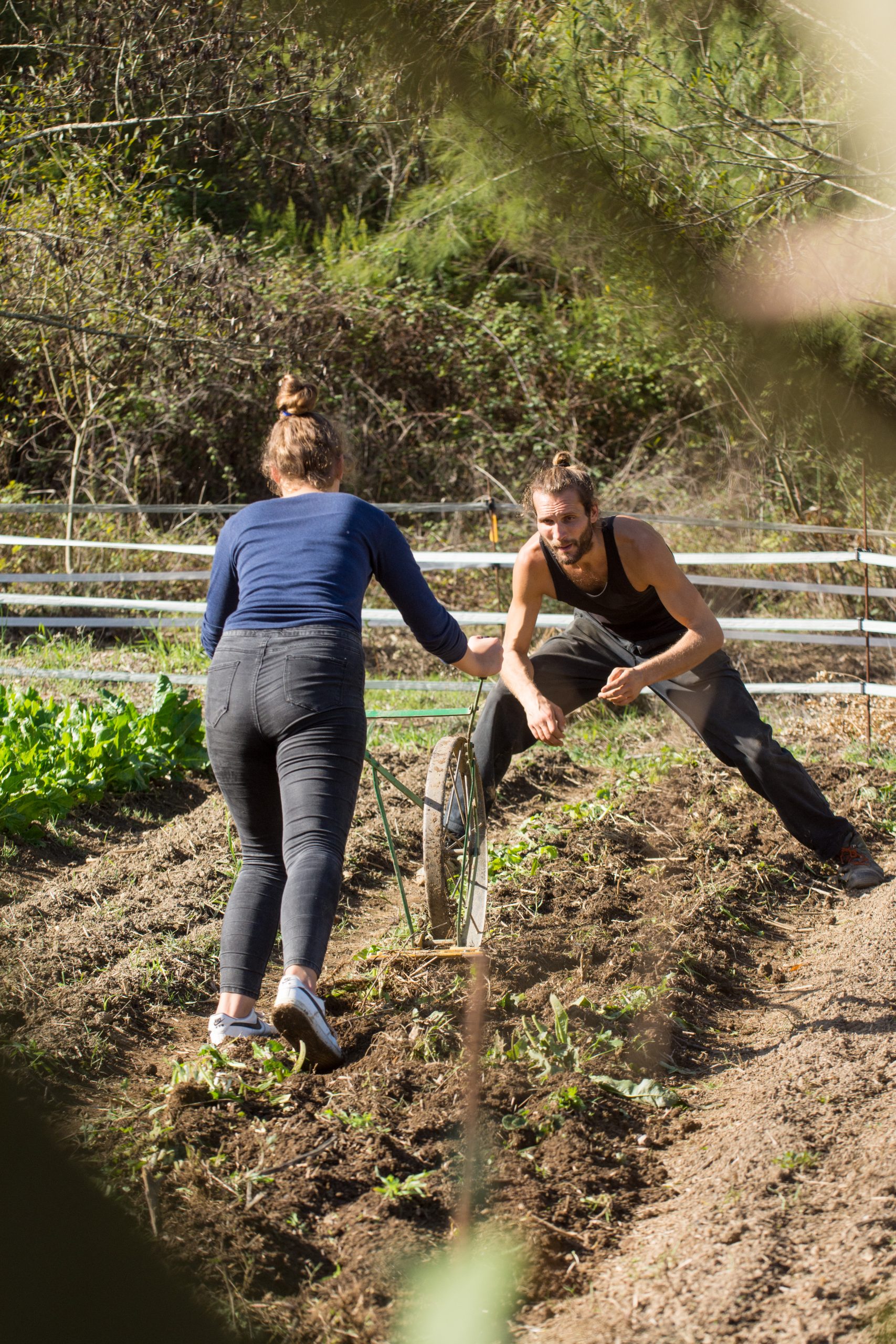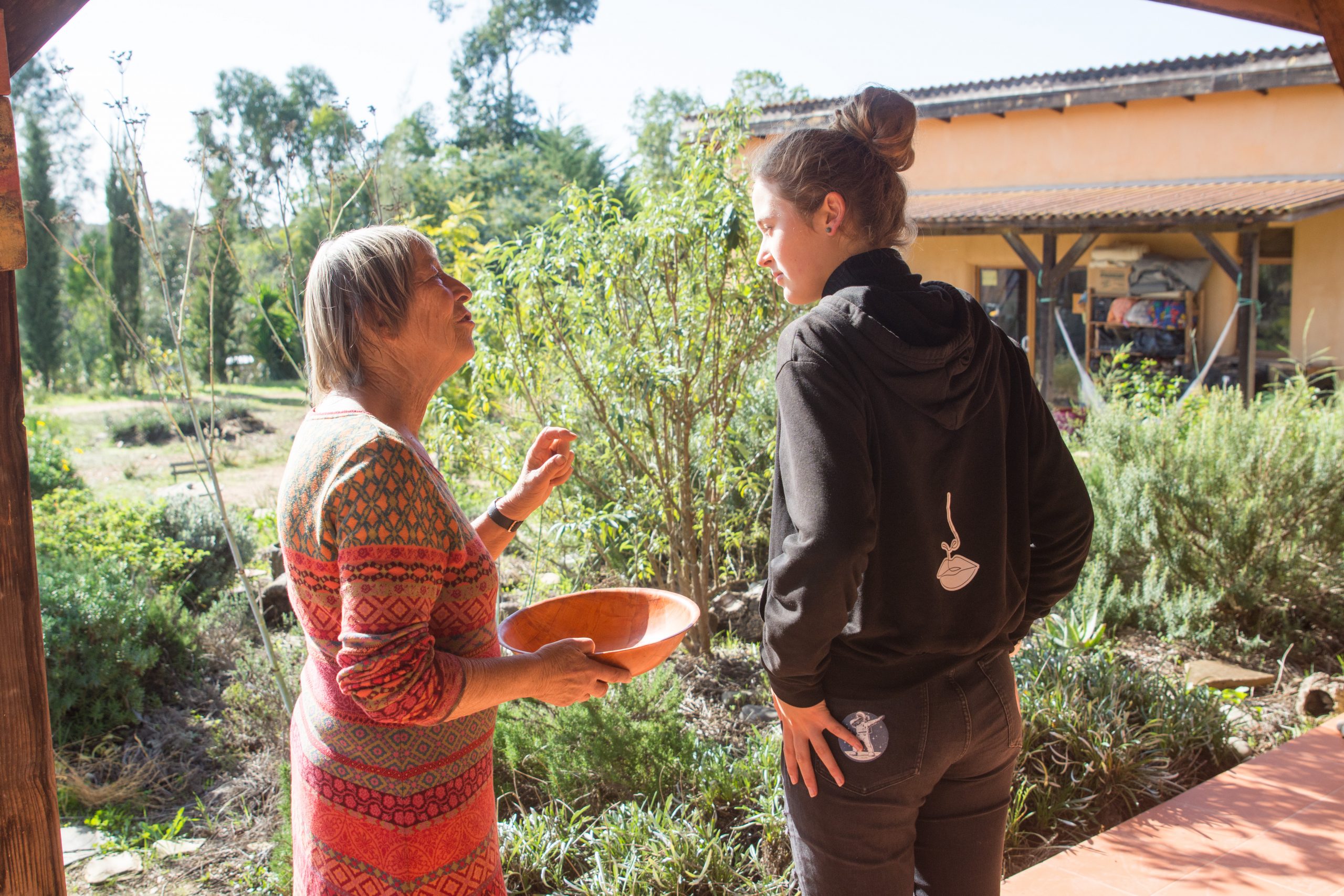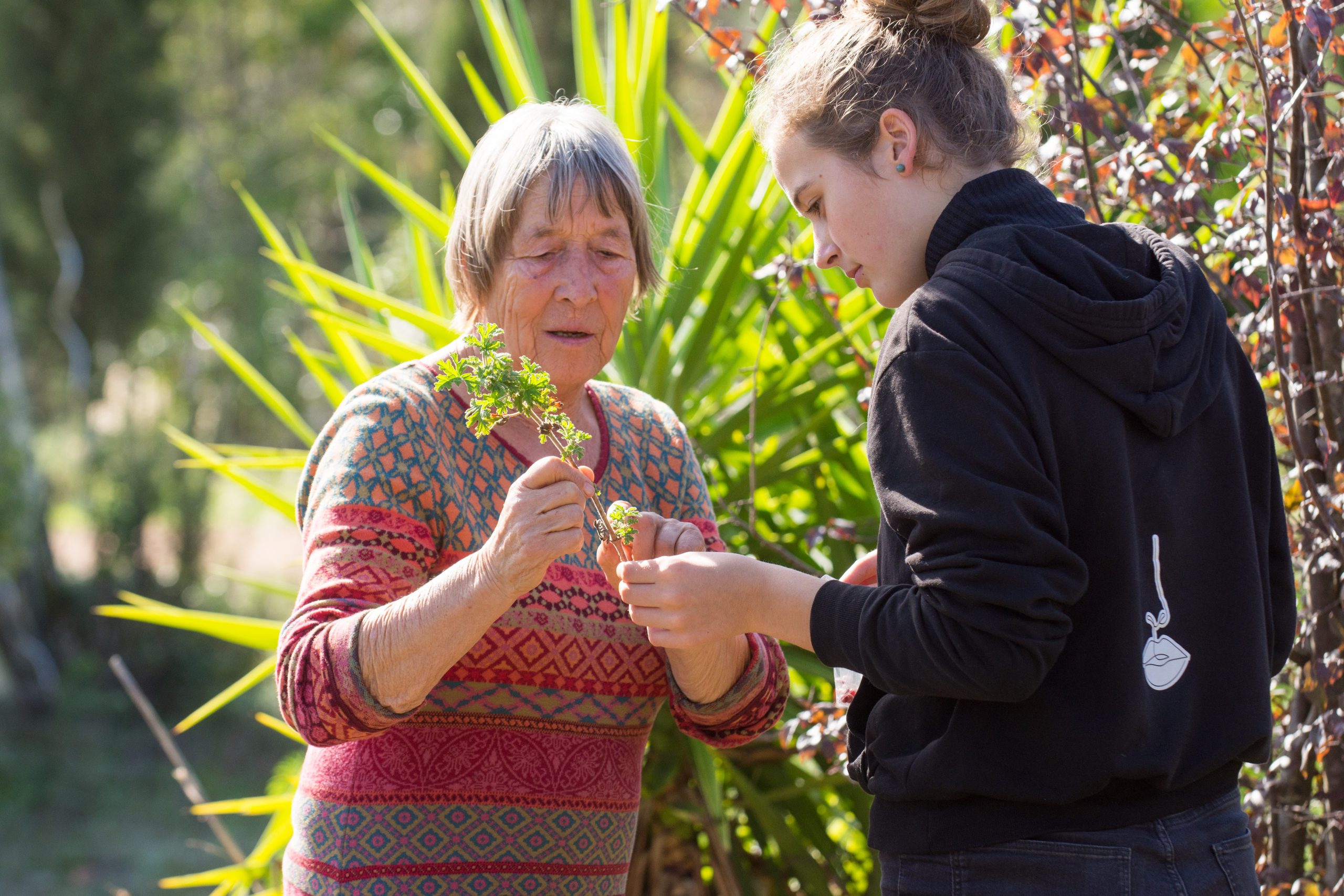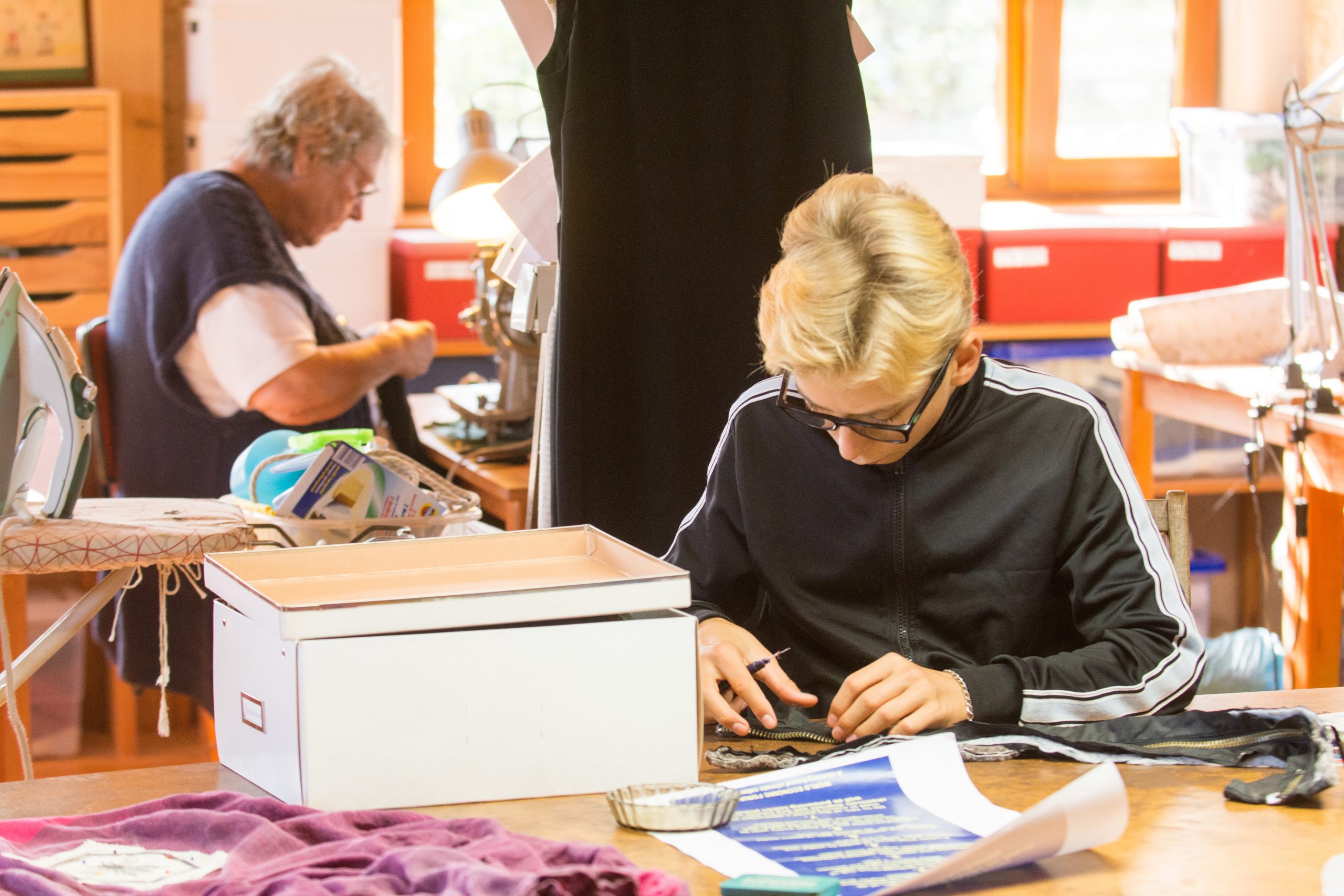What is an activist?
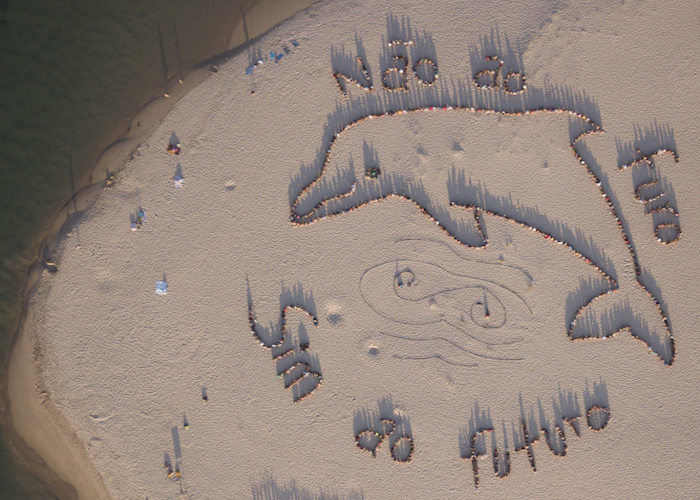
What is activism? Who are our change-maker role models past and present? What is my personal form of activism and how do I want to direct my activities in order to make the world a better place? We allowed these questions and more to guide us through a module week. We studied the various ways one can enact activism in the classical sense of the word: campaigning, educating, protesting and more. We heard many stories from an activist from Israel-Palestine who gave many vivid examples of what it means to stand up for the rights of others who are under oppression. We dipped our toes into the topic of living in community as a form of activism. On one of the first days each student went into the workplace of an individual from the Tamera community- in the sewing workshop, in the herbal house, in the garden, in working with animals, into the area of youth work- and had time to interview this person to gain insight into their life through the lens of activism. How is it that someone living in the Alentejo working to up-cycle fabric and other fashion material a form of activism? And why did this person choose to enter into this community and work with self-sufficiency in food? Such intimate conversations were the week highlights for most of the students. In the end it turned out to be an unfinished week, so to speak. When we tried to make a mind map with the word Activism in the center, we realized how big this topic really is and we were unable to finish it. It is clear that so much work is being done in many areas and this work is a long term work, like that of Greta Thunberg or David Attenborough. Thank you for their inspiration and for all the other known and unknown activists past, present and future. To be continued!


